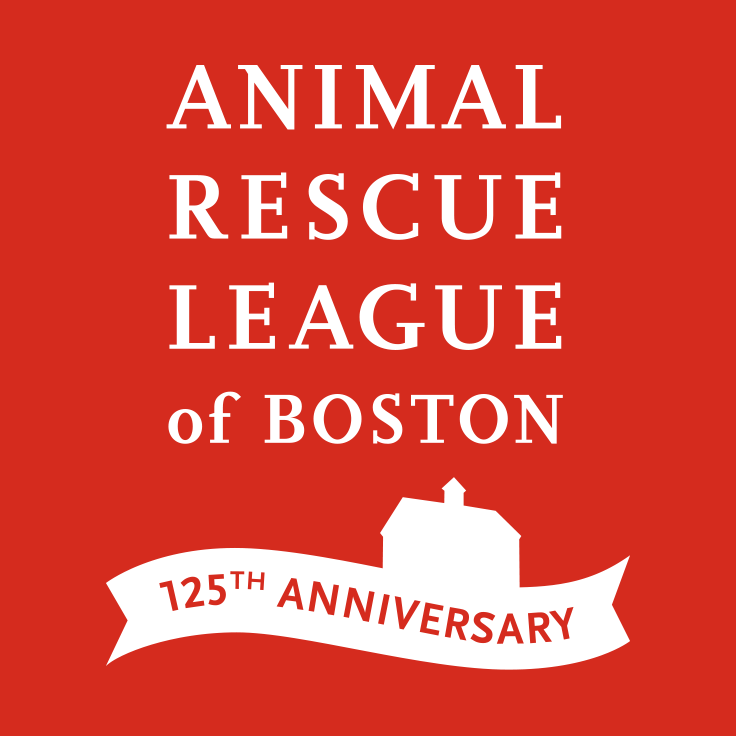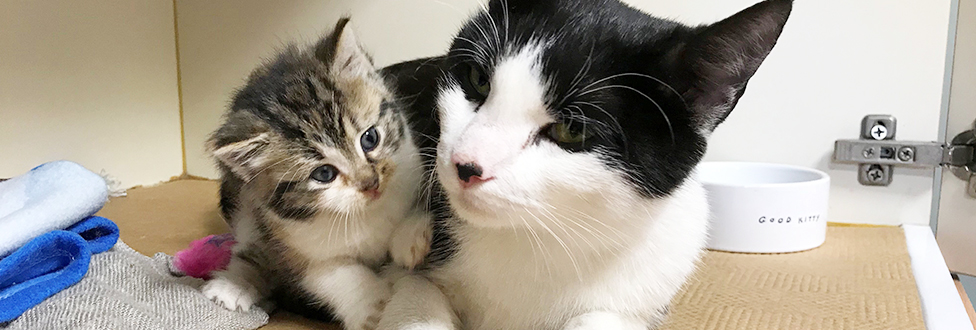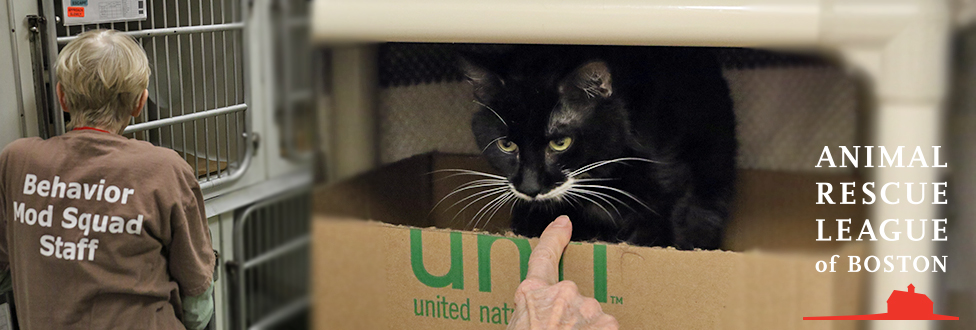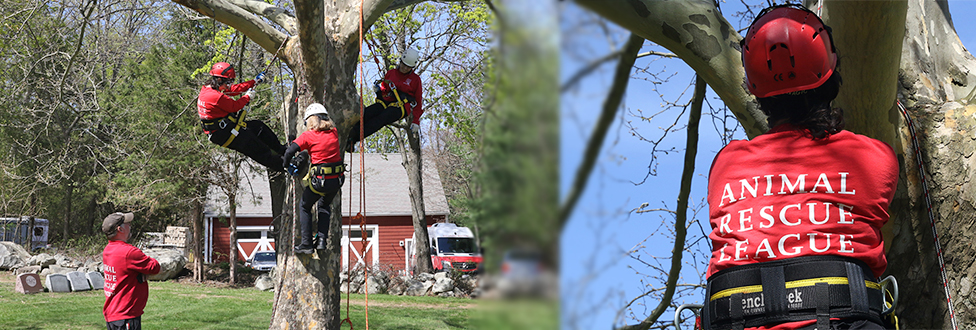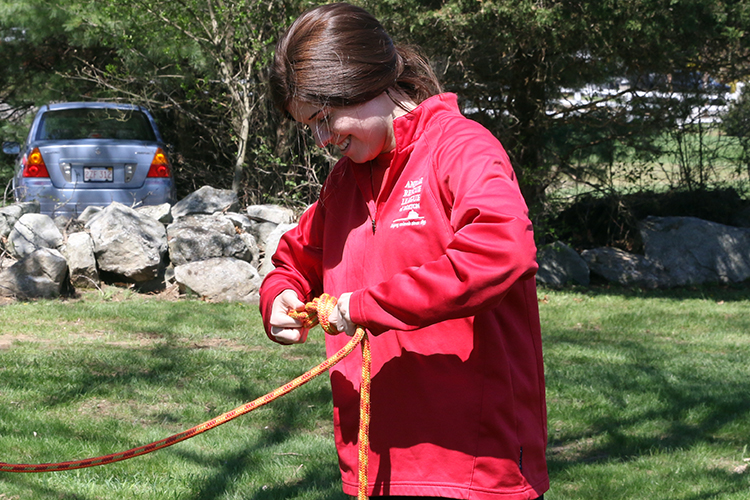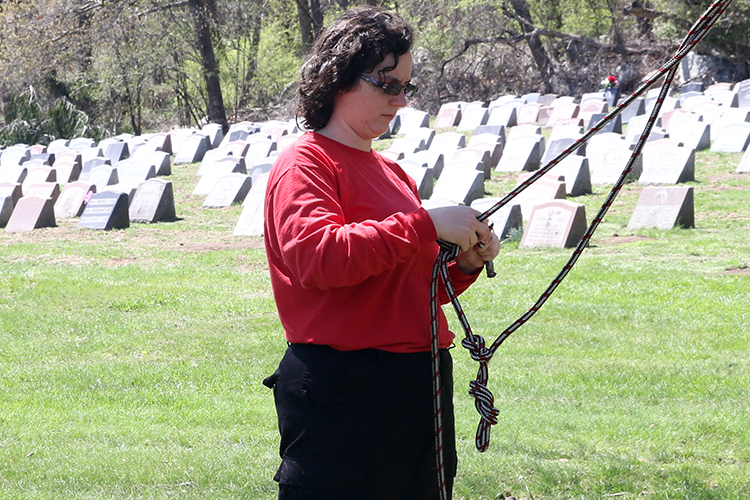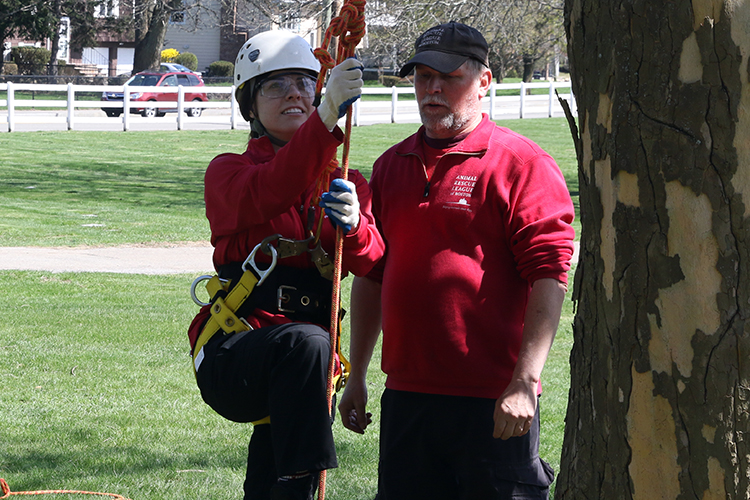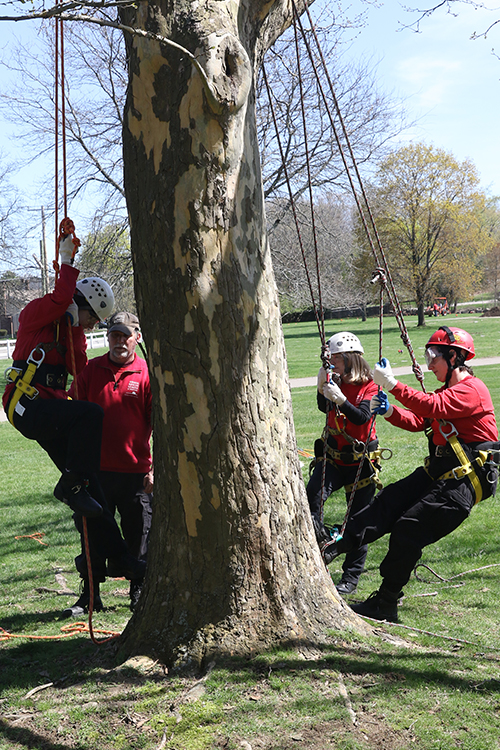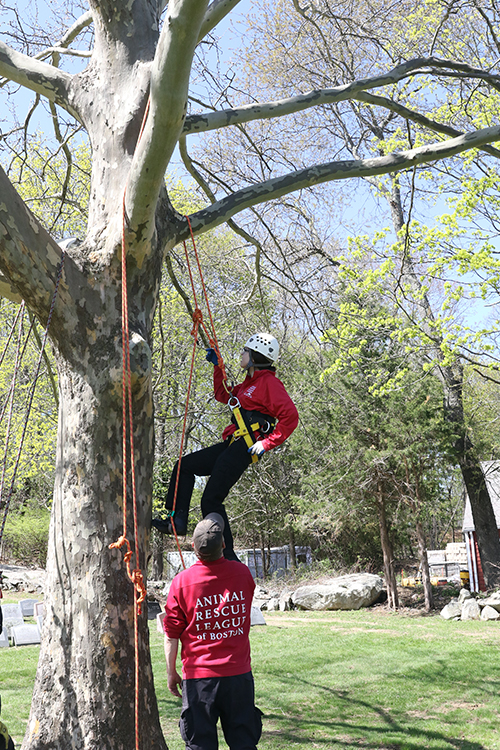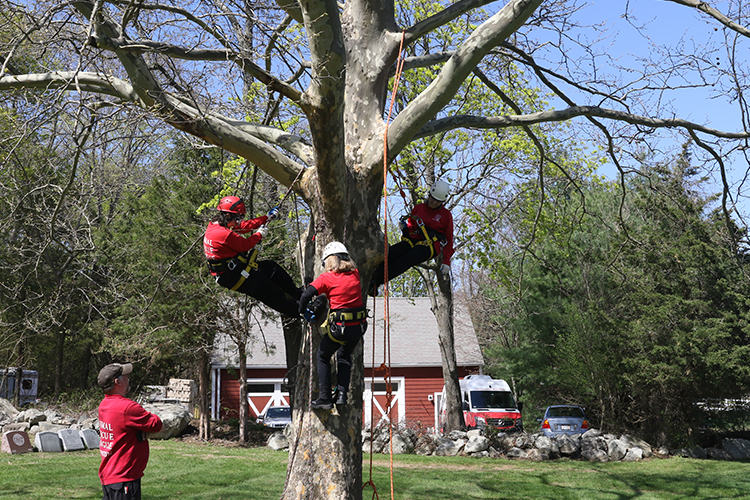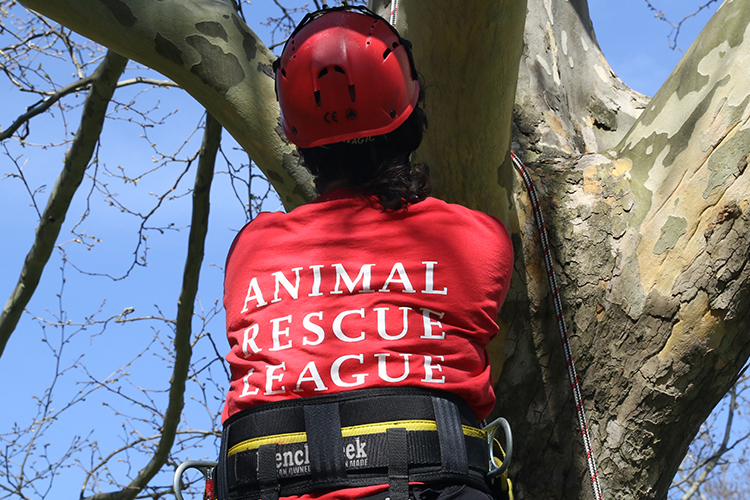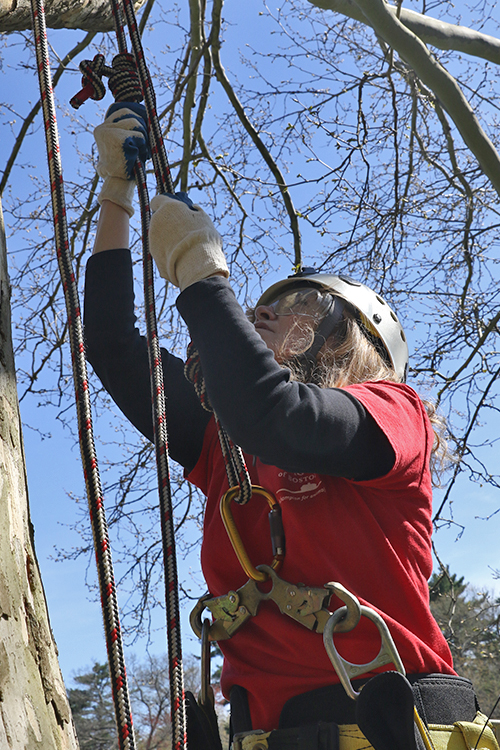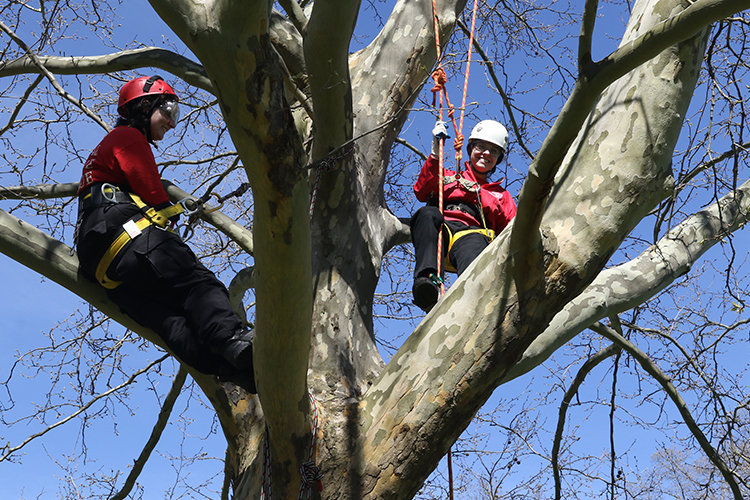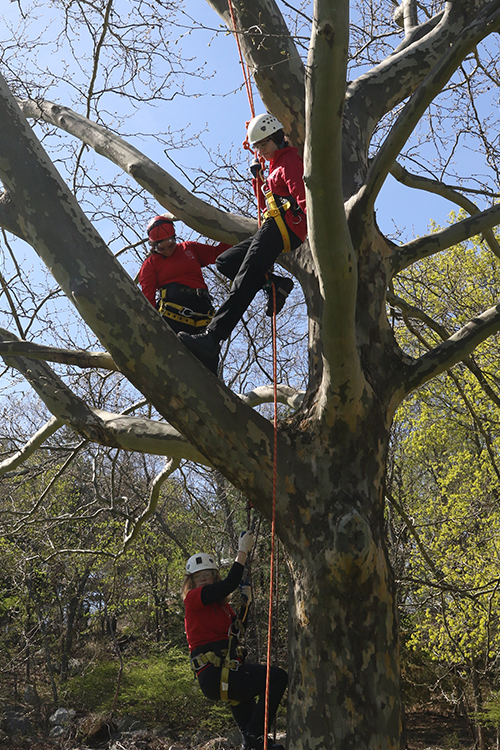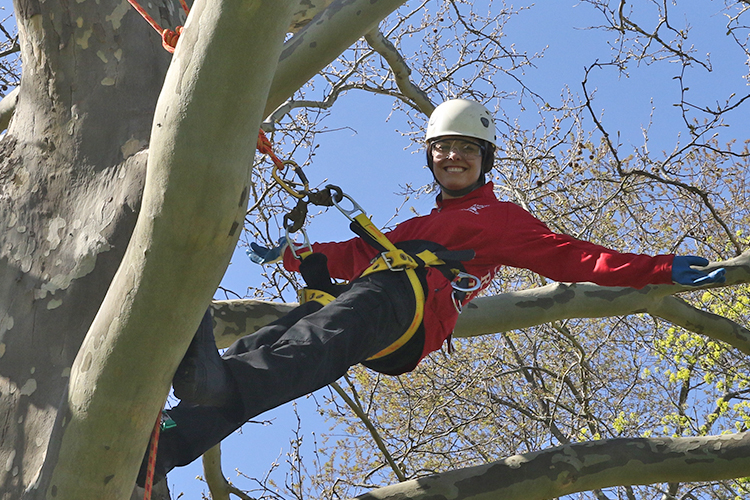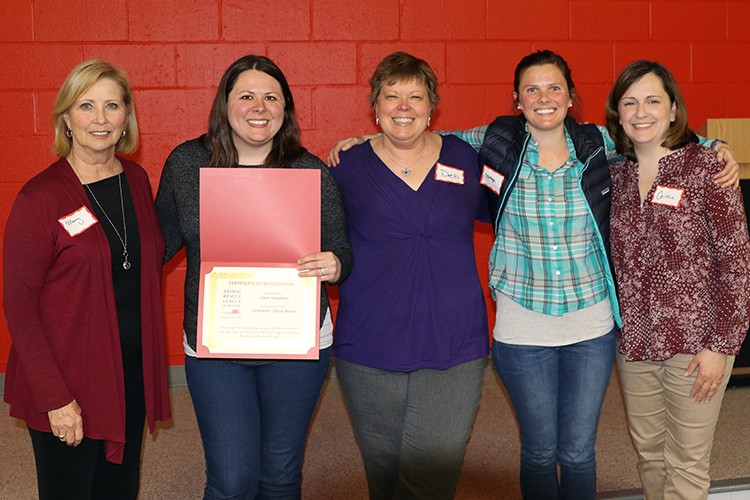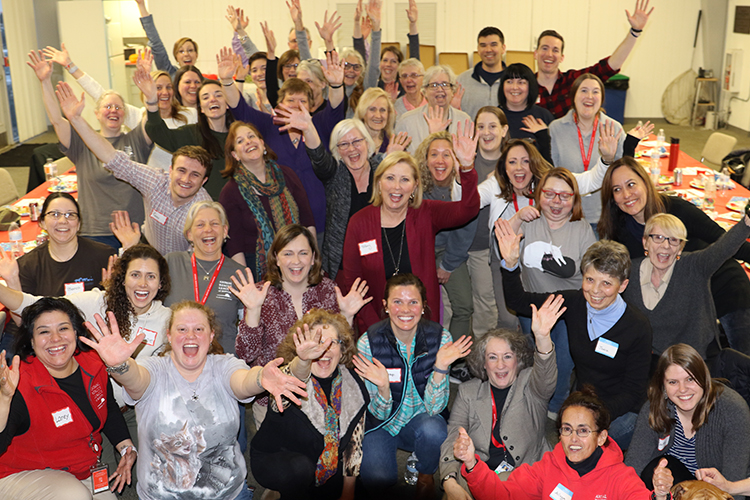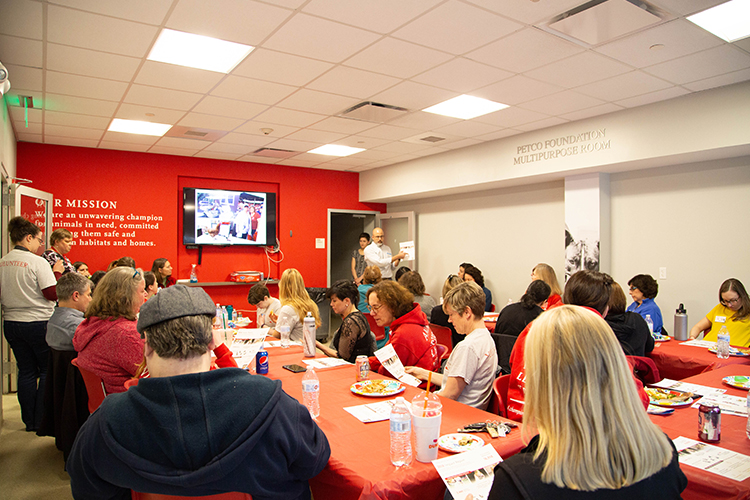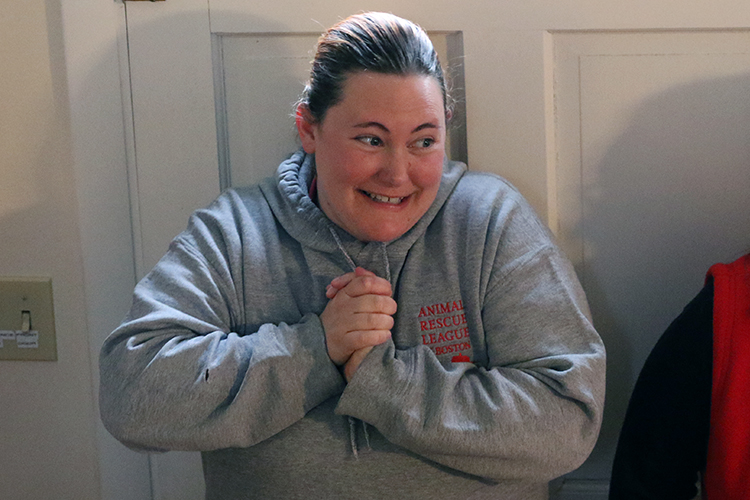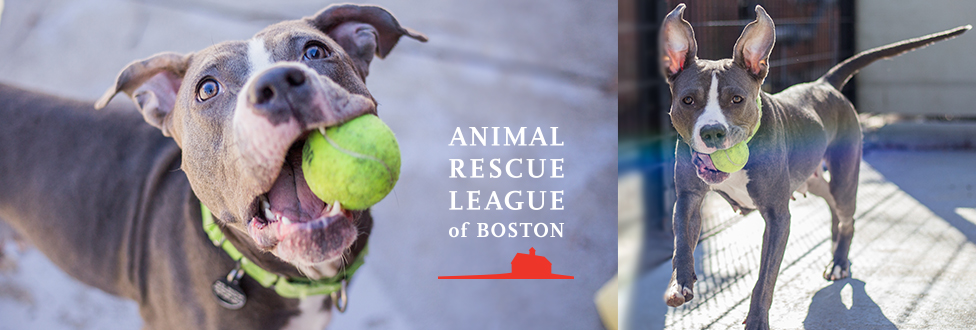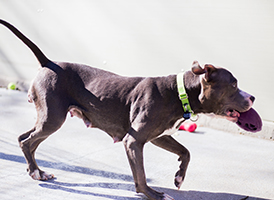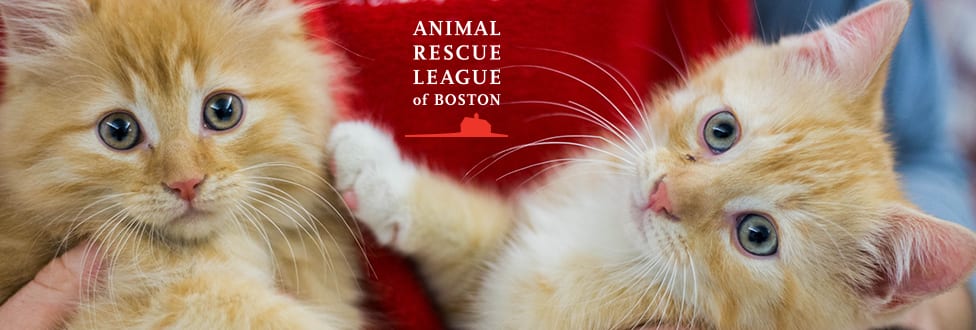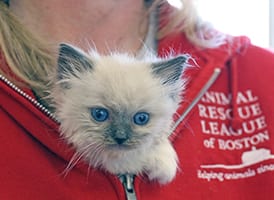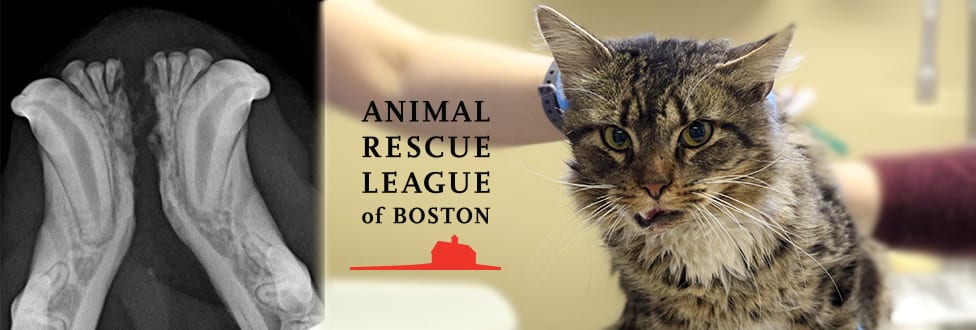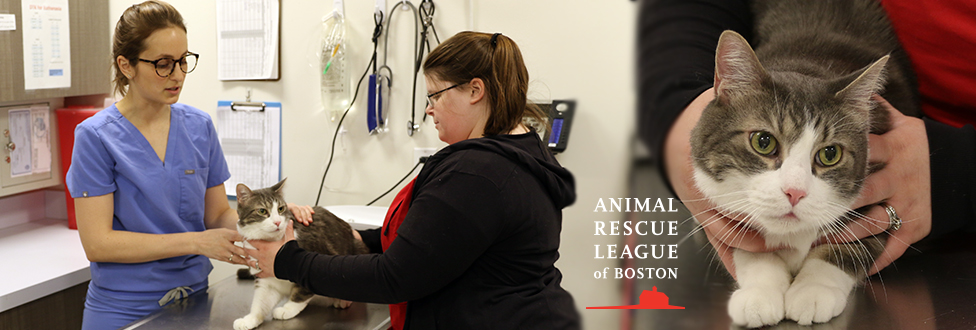ARL Advocates Animal Protection Bills at State House
On Tuesday, the Animal Rescue League of Boston (ARL) travelled to the Massachusetts State House to provide testimony on two animal protection bills for the Joint Committee on Municipalities and Regional Government.
Committee hearings are an important step for proposed legislation – if the bill is reported favorably by the committee, it will then move on in the legislative process. Click here to see how a bill becomes a law in Massachusetts.
ARL’s first round of testimony focused on S.114/H.1774 – An Act Protecting the Health and Safety of Puppies and Kittens in Cities and Towns. This bill has several components including:
- Prohibit the sale of puppies and kittens under eight weeks of age;
- Update laws relating to kennel licensing;
- End the roadside sale of animals; and
- Require the establishment of state-wide rules and regulations used for boarding and daycare facilities.
Currently there are no state-wide regulations that govern boarding kennels and animal daycare facilities in Massachusetts, and ARL believes this bill is vital to help keep our pets safe when left in someone else’s hands.
ARL also recently launched The Kennel 9, a new animal safety campaign giving pet owners nine things to consider before boarding their pet.
Testifying in favor of the bill were ARL Vice President of Animal Welfare & Veterinary Services Dr. Edward Schettino and ARL Director of Law Enforcement Lt. Alan Borgal.
Also joining the panel were Auburn Animal Control Officer Aimee Contois, Auburn Director of Development and Inspectional Services Darlene Coyle – Auburn officials worked jointly with ARL in 2018 to remove 61 animals from a hoarding situation in the town.
Lastly, Scituate resident Tracey Siciliano provided testimony pertaining to the need of boarding kennel regulations.
In 2016, Siciliano’s three-year-old Golden Doodle “Ben” suffered fatal injuries after being attacked by a dog belonging to the owner of a Hanover kennel facility, which has since closed. In addition to the dozens of attack wounds, Ben was also suffering from heat stroke. The owner was found “not-guilty” for negligence, due in part to a lack of regulations.
“I believe that regulations and enforcement might have prevented Ben’s death or, at a minimum, regulations could have persuaded a jury to hold the kennel owner responsible for his actions,” Siciliano said. “I urge the legislature to enact this law so that no other family ever has to experience the pain my family has endured from having lost our beloved Ben.”
Cruel Conditions
ARL President Mary Nee and Lt. Borgal testified in favor of S.989, H.1822 – An Act Enhancing the issuance of Citations for Cruel Conditions for Animals. This bill amends MA General Law Ch. 140 Section 174E to include all domestic animals. Currently the law only allows citations for dogs.
This amendment would allow an effective response to problematic and escalating issues including animal hoarding, and farm animal cruelty situations i.e. the 2016 Westport cruelty case.
Citations provide officers a tool to achieve corrective action before a situation rises to a violation of the animal cruelty statute.
Be an Advocate for Animals
With more than 90 animal-related bills filed for this legislative session, this hearing was critical to help move these important animal protection bills forward in the legislative process. But we can’t do it alone. Your elected officials work for you, so please take a look at ARL’s 2019-2020 legislative agenda, and contact your representatives to show your support for improving laws to protect animals in Massachusetts.
